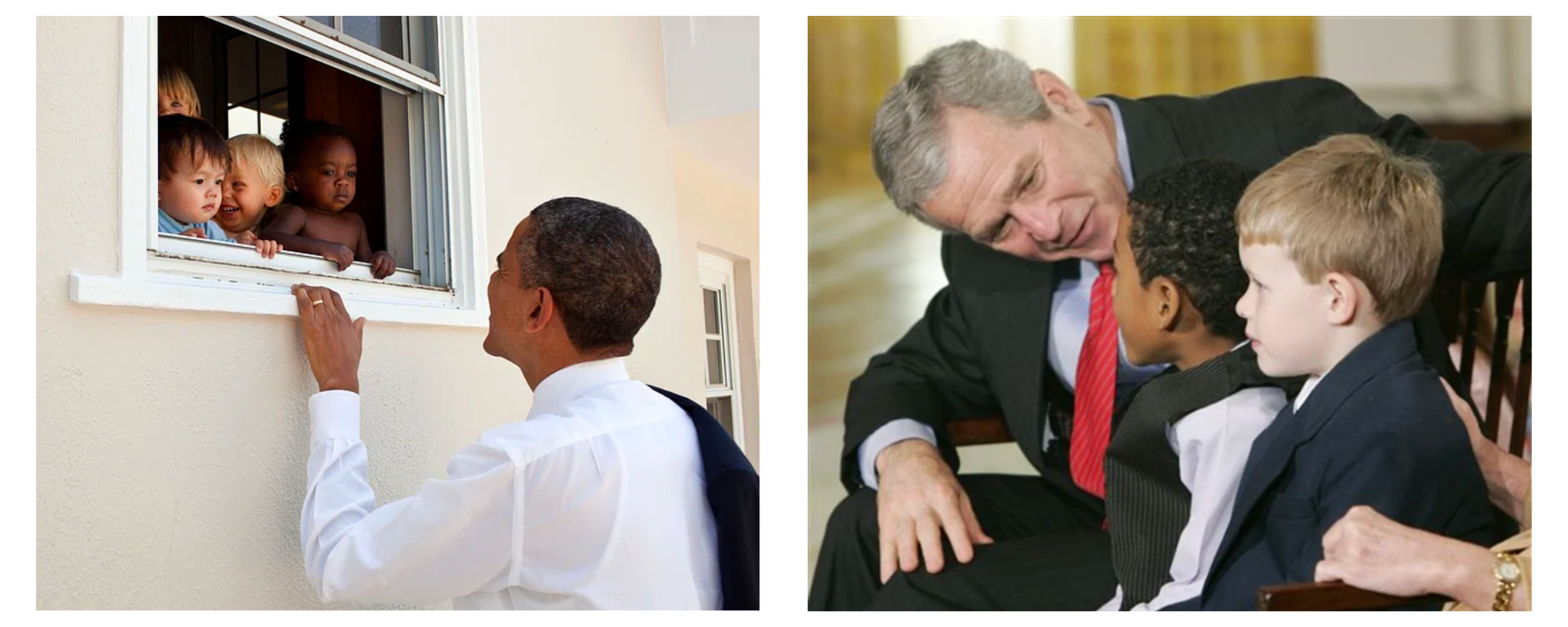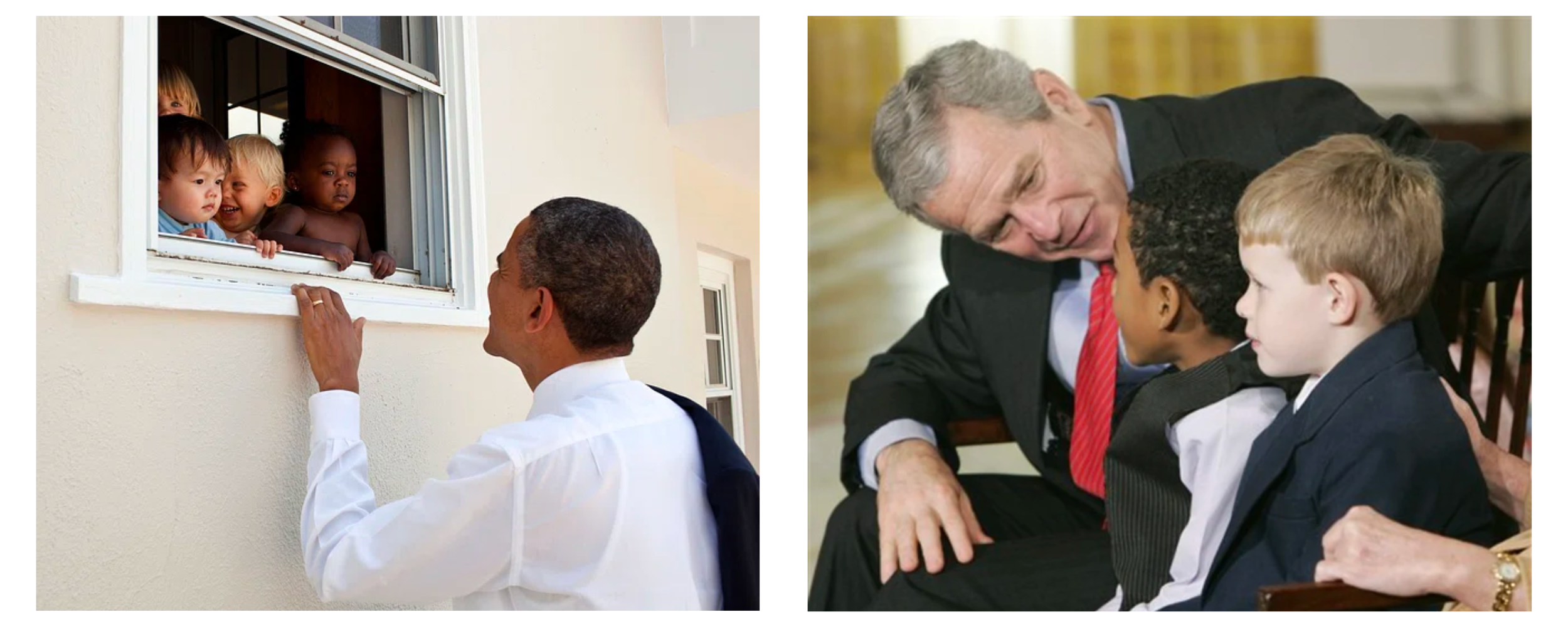
The other night I pulled off our bookshelf a thick volume from my childhood, “The Complete Book of U.S. Presidents.” I was into politics and government as a kid, and at some point (before the presidency of Bill Clinton, to judge by the men profiled in the book) I had acquired this one. I’m still something of a government nerd–my kids sometimes get out the almanac on Shabbat afternoons and quiz me–though as I’ve aged into the life stage in which I can recognize and relate to U.S. presidents as my own contemporaries, I see them with less mystique and, perhaps, more sobriety.
In her exceptional 2004 book, Talking to Strangers: Anxieties of Citizenship Since Brown vs. Board of Education, Harvard political theorist Danielle Allen offers a reflection on the model that–we hope, at any rate–presidents of the United States hold out to the rest of us, particularly as it relates to one of the most basic elements of living in a democracy, namely the need to talk to strangers. I quote the full passage here, because I have long loved and taught it and I think it deserves to be read and studied in its entirety:
‘Don’t talk to strangers!’ That is a lesson for four-year-olds. Eyes that drop to the ground when they bump up against a stranger’s gaze belong to those still in their political minority. If the experience of the most powerful citizen in the United States is any guide, talking to strangers is empowering; the president is among the few citizens for whom the polity holds no intimidating strangers. Presidents greet everyone and look all citizens in the eye. This is not merely because they are always campaigning, but because they have achieved the fullest possible political maturity. Their ease with strangers expresses a sense of freedom and empowerment. At one end of the spectrum of styles of democratic citizenship cowers the four-year-old in insecure isolation; at the other, stands the president, strong and self-confident. The more fearful we citizens are of speaking to strangers, the more we are docile children and not prospective presidents; the greater the distance between the president and us, the more we are subjects, not citizens. Talking to strangers is a way of claiming one’s political majority and, with it, a presidential ease and sense of freedom.
Allen is, I believe, pointing us toward what Alexis de Tocqueville wrote about two centuries ago, namely the habits of the heart that are foundational to sustaining a diverse democracy. How we encounter strangers in our neighborhoods and our communities–whether we approach them with an open-hearted faith or a closed-hearted fear–is one of the constitutive elements of the character of our larger polities. As Judge Learned Hand said in an Independence Day speech in 1944, “Liberty lies in the hearts of men and women; when it dies there, no constitution, no law, no court can even do much to help it. While it lies there it needs no constitution, no law, no court to save it.” The condition of our hearts and the condition of our democracy are, in a profound way, intertwined.
The heart plays a foundational role in the construction of the Mishkan, the portable dwelling place for the Divine: “Tell the Israelite people to bring Me gifts; you shall accept gifts for Me from every person whose heart is so moved” (Exodus 25:2). The Mishkan was required to be constructed of voluntary donations, not taxes or seized property. Everything within it–all its curtains and rods, the ark and the menorah and the altar, all the clothing of the priests–all of it had to be imbued with an opening of the heart, an opening which was then reciprocated by the Divine: “They shall make me a dwelling place, that I may dwell among them.” As Rabbi Meir Leibush Wisser (Malbim, 1809-1879) puts it: “A holy sanctuary like this exists in the heart of every person, and it is possible to create it in every time and era.” When we open our hearts, we create a space for the Divine to dwell within us.
It’s Presidents Day weekend in the United States, and I don’t need to remind you that it’s a presidential election year. As we move further into this season, the pressures to harden and close our hearts will no doubt increase. So I find myself thinking about the ways in which our spiritual practices can not only help us cope through the inevitable travails of a year like this, but can help us even see in them opportunity–to open our hearts, to have the courage to talk and listen to strangers, to discover anew where and how the Divine might reside within us and the world.

